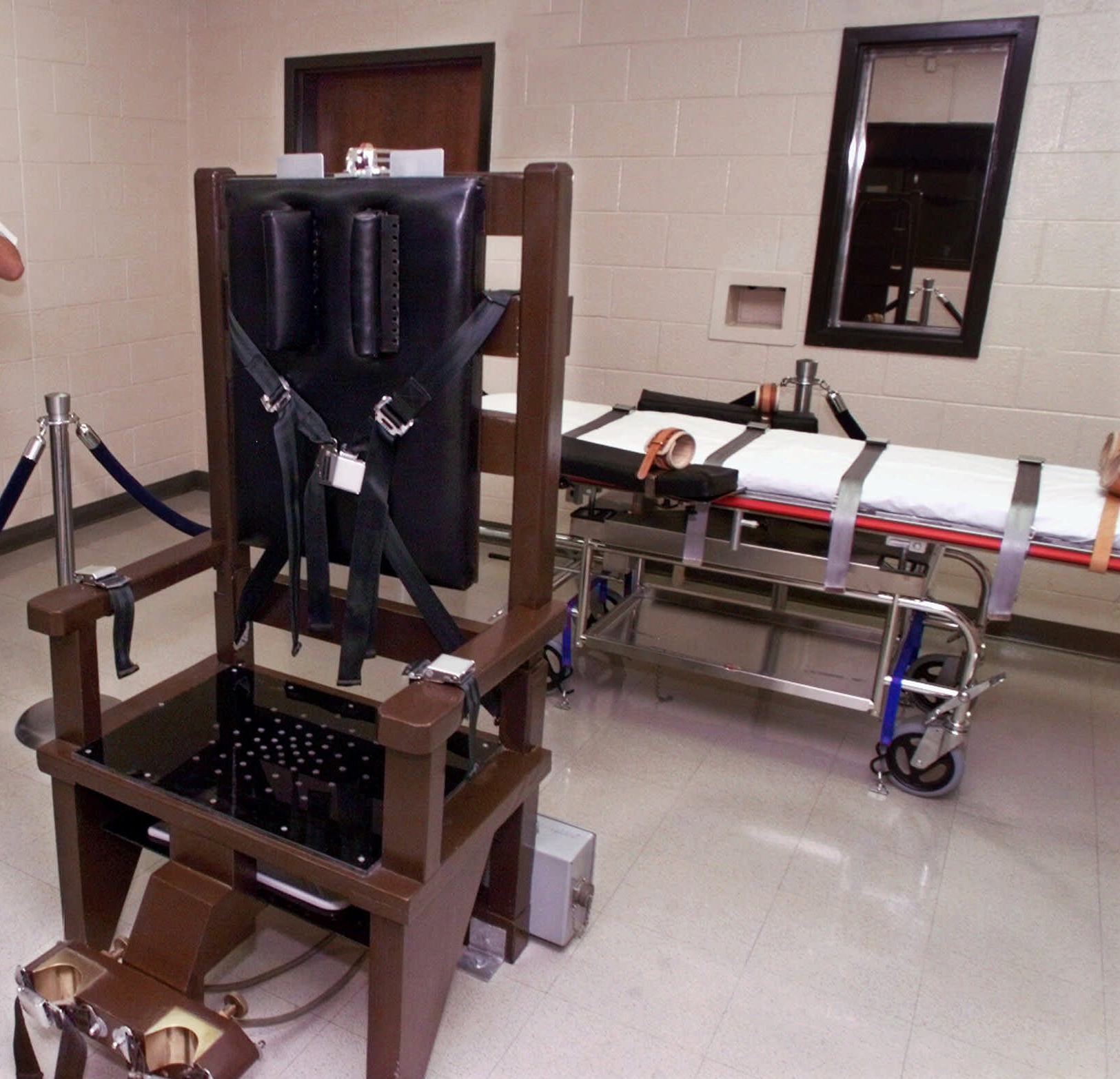Tennessee lawmakers can dust off the electric chair, if they want.
Attorney General Robert Cooper released an opinion Wednesday saying that, should legislators approve it, a pending bill in Tennessee to bring back the electric chair is constitutional. The bill would make electrocution the state's official backup plan, just in case officials run into problems using lethal injection.
This would play out for two main reasons. One, the U.S. or Tennessee Supreme Court could rule that lethal injection is unconstitutional. Or two, the state may fail to carry out an execution by lethal injection because officials cannot get the necessary drugs.
The second scenario is more likely. States across the country have struggled to get those drugs because European companies stopped selling them to the United States.
The state House and Senate have not voted on the bill, which is sitting now in the House Civil Justice Subcommittee.
Cooper's opinion could bolster the bill's chances of being passed.
The bill "is constitutionally defensible under current authority," Cooper wrote Wednesday.
In particular, the attorney general addressed whether electrocution is cruel and unusual punishment. Citing past court rulings, Cooper said the bill would hold up.
In 1947, the U.S. Supreme Court ruled that electrocution is not cruel or unusual. In 1997, the 6th U.S. Circuit Court of Appeals made a similar ruling.
Tennessee's bill comes at a time when lawmakers in other states also have tried to find alternative ways to carry out the death penalty. A Virginia legislator tried to bring back the electric chair this year, but that bill failed. A Wyoming legislator tried but failed to bring back firing squads.
Another firing squad bill sits in Missouri's House of Representatives, all but dead. No action has been taken on the bill since Feb. 3, and no hearings are scheduled.
So does the Tennessee bill stand a chance? And why pursue it?
The bill's Republican sponsors, Rep. Dennis Powers, R-Jacksboro, and Sen. Ken Yager, R-Harriman, did not return calls seeking comment Friday. In an email, Yager told the Times Free Press he did not have time to talk about the bill until next week. He did not respond to an email asking why he felt the bill was necessary.
Cooper's opinion noted that defense lawyers will be able to challenge the bill if it becomes a law. Just because the U.S. Supreme Court ruled the electric chair to be constitutional in the past doesn't mean it won't mark it as "cruel and unusual punishment" in the future.
"Cruel and unusual" changes with time, "in light of contemporary human knowledge." The Supreme Court's ruling on the issue is based on information from 1947.
Journalist and author Lyle Denniston, who has written about the U.S. Supreme Court for more than 50 years, said the court was going to examine the electric chair again in 1999, based on a Florida death penalty case. But the state changed to execution by lethal injection, and the court dropped the case.
In his opinion, Cooper pointed out that the Nebraska Supreme Court ruled electrocution to be cruel and unusual punishment in 2008. Nebraska's and Tennessee's constitutions are similar, Cooper said.
In that 2008 case, the Nebraska Supreme Court justices pointed out that, during electrocution, a person's skin reached 200 degrees. Witnesses have seen smoke drift from prisoners' heads and legs.
The electrical currents jolting through the body last for 30 seconds, conceivably shutting down the vital organs. But a heart can restart on its own, and a prisoner can regain consciousness. Witnesses say they've seen inmates still breathing and grunting after the electrocution.
"No one knows how long a prisoner could languish in agony, attempting to breathe, while the State passively waits to see if he or she dies," the court ruled.
Contact Staff Writer Tyler Jett at 423-757-6476 or at tjett@timesfreepress.com.

